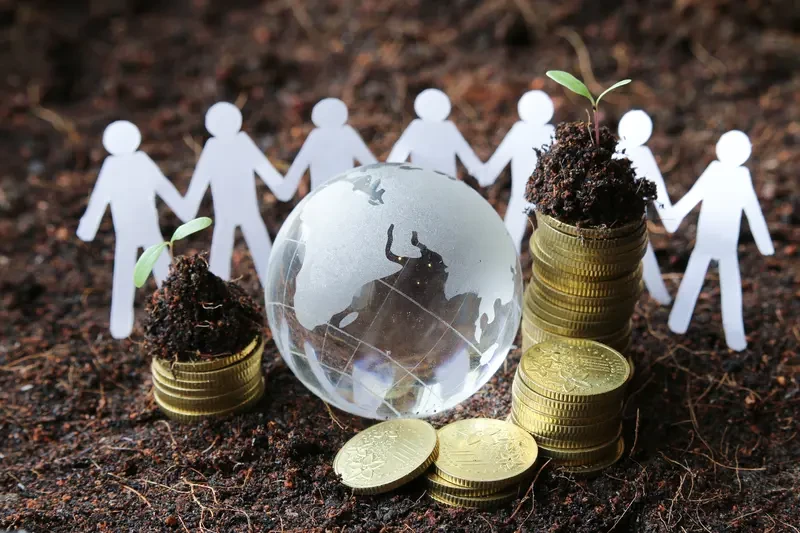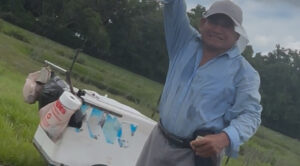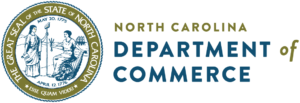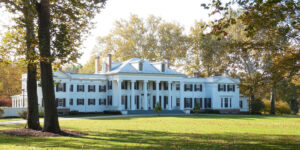
In a world grappling with environmental concerns and economic challenges, the concept of sustainable development offers a ray of hope, paving the way for an economic rebirth in communities worldwide. We explore how sustainable development is not just preserving our planet but also revitalizing communities, fostering economic growth, and creating a more equitable future.
The Heart of Sustainable Development
Sustainable development is about meeting the needs of the present without compromising the ability of future generations to meet their own needs. It’s a holistic approach that balances economic growth, environmental preservation, and social equity. By embracing sustainable practices, communities are not only protecting the environment but also unlocking new economic opportunities and enhancing the quality of life for their residents.
Transforming Economies with Sustainability
1. Green Jobs and Industries
The shift towards sustainability is creating a surge in green jobs and industries. Renewable energy, sustainable agriculture, and green construction are just a few sectors experiencing growth. These industries not only reduce environmental impact but also offer new employment opportunities, driving economic growth in communities that adopt them.
2. Economic Inclusivity and Social Equity
Sustainable development focuses on inclusive growth, ensuring that economic opportunities are available to all sections of society. This approach is particularly beneficial for marginalized communities, offering them a chance to be part of the economic mainstream and improve their living standards.
3. Local and Circular Economies
Sustainability encourages local and circular economies where resources are reused and recycled, minimizing waste and environmental impact. This model not only conserves resources but also keeps economic benefits within the community, fostering local businesses and reducing dependency on external markets.
Success Stories of Community Revitalization
Across the globe, there are inspiring examples of communities experiencing an economic rebirth through sustainable development:
– Renewable Energy Projects: Communities investing in solar, wind, and hydroelectric power are seeing a boost in local economies, job creation, and energy independence. For example, El Salvador entirely depends on imported fossil fuels and electricity to meet its domestic demand for energy but in the last decade has prioritized the development of renewables to mitigate import dependency and improve its energy security. Today, to expand its electricity access and diversify its energy mix, it is scaling up the production of solar, wind, bioenergy, hydropower and geothermal energy. Latest data shows that more than 2 million jobs have been created by the renewable energy sector in Latin America and the Caribbean by 2017, and that number is expected to reach 3 million jobs by 2030.
– Sustainable Tourism: Places focusing on eco-friendly and cultural tourism are attracting visitors interested in sustainable travel, providing economic benefits while preserving local heritage and environment. Bhutan’s tourism, for instance, operates on the principle of “high value, low impact.” This has been achieved by enforcing strict entry requirements and a daily visitor tariff. The daily tariff includes necessary expenses for the visit such as accommodation, a licensed tour guide, meals and hiking equipment. A large portion of the tariff, however, is used to maintain and develop the country’s infrastructure, as well as contribute towards Bhutan’s free health care and education.
– Urban Green Spaces: Cities developing green spaces are witnessing improved quality of life, increased property values, and enhanced community well-being. In 2018, northeast Asia experienced an extreme heatwave – the hottest on record. Temperatures soared to almost 104°C and two years later, in an effort to counteract further such events, city officials unveiled plans for a new park, named the ‘Forest of Winds’. Designed to bring cooling air directly into the city – and also trap polluting particulates and fine dust – the forest was planted with species such as pine trees, maples, wild cherry, and oak. Work on the park was scheduled between November 2020 and the end of 2021, with the Forest of Winds opening in 2022.
The journey towards sustainable development is a path of economic rebirth for communities around the world. By embracing sustainable practices, we’re not just safeguarding our environment; we’re also creating vibrant, resilient economies and equitable societies. This approach is our best chance at a prosperous, sustainable future, where economic growth and environmental stewardship go hand in hand.





